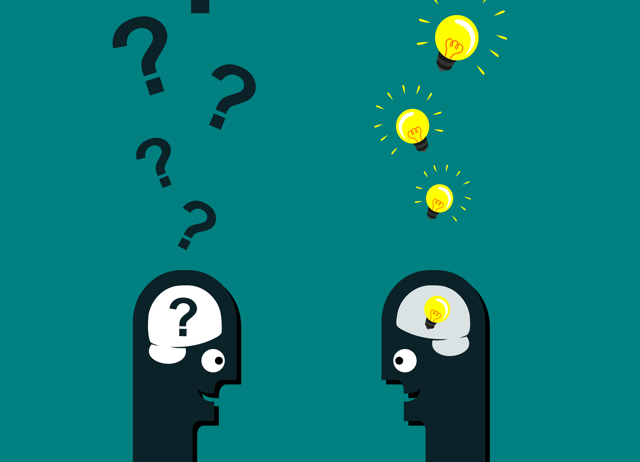FLOCK
Connections that make you think differently
Flock is a peer-to-peer network of like-minded business people.
Exclusive Collection created Flock, its peer-to-peer network, in 2019 to build relationships with key stakeholders across industry sectors. Membership to the community is by recommendation or invitation and comprises business leaders, entrepreneurs, and Exclusive’s key partners.
By joining the network, friends of Flock gain access to insights from sporting elites and relevant thought leaders, share best commercial practices and have a candid interaction with one another. There are also proven commercial benefits of becoming a member with many new business relationships formed and ideas formulated.
Objectives:
- To share community best business practices, advice and help through an engaged and creative network of business leaders.
- To share insightful digital content and standout events providing business knowledge by leading experts.
- To provide opportunities for businesses to form new relationships and collaborate on shared commercial goals.
- To gain specific insight and learnings around Exclusive Collection's core values: high performing teams, ESG, wellness and innovation.

Event: Comfortable with the uncomfortable
November 7th & 8th at Royal Berkshire
Our 5 annual Flock conference took place with the speakers, delegates and hosts embracing difficult and challenging topics facing the business world. Conversations about reframing discomfort as a catalyst for innovation and business success.

Endurance in a corporate world
Explorer Nick Hollis, on how endurance is not simply about pushing as hard as you can and what's required to build a long game strategy.

We need a Big Re-Think
What will be the motivations and expectations of Generation Alpha in the workplace in 5 years time? We carried out research to find out.

Flock to the Country
A small taste of our Flock to the Country event back in May 2022, where mental health was at the forefront of the agenda







